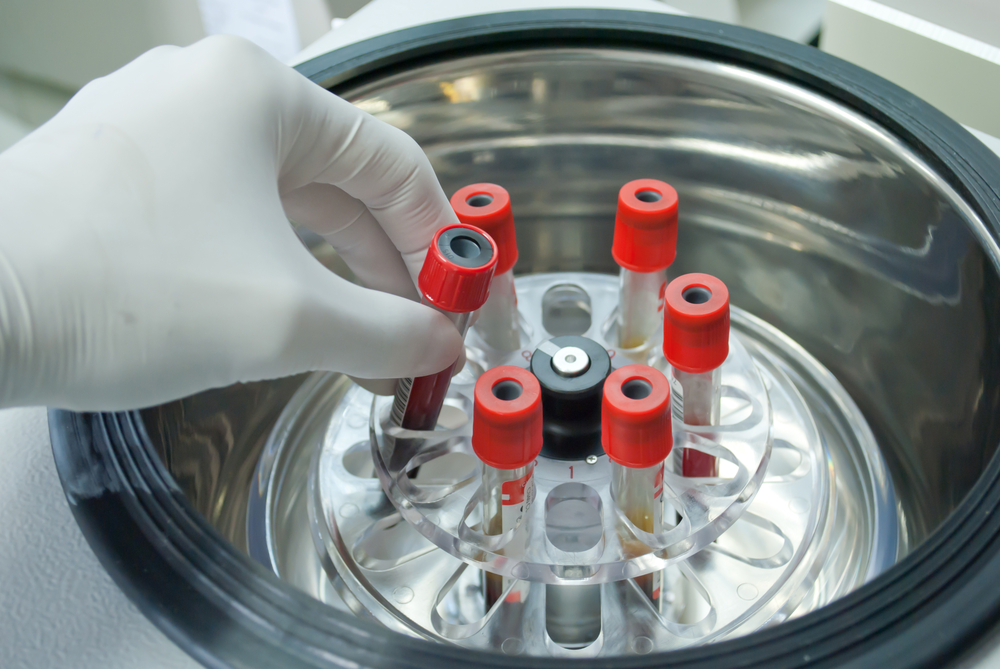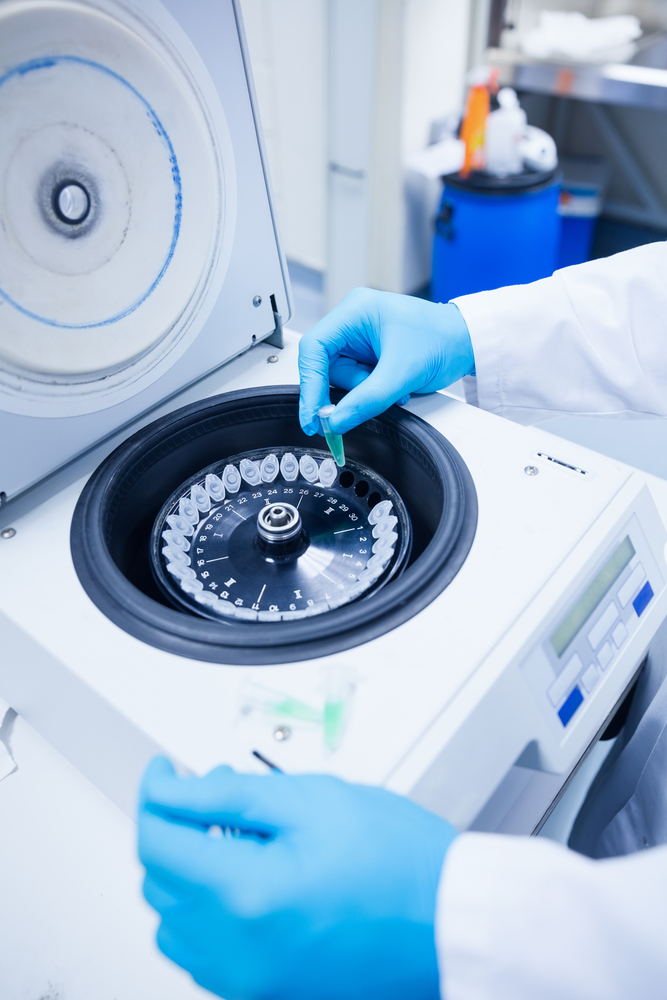At SEPS, we offer complete centrifuge testing, calibration and certification. We certify that each unit meets NSF-49F guidelines. In addition, we’ll verify your centrifuge meets manufacture specifications. Each of our expert technicians follow strict standard operating procedures (SOPs). These procedures are in compliance with all Federal and International Safety Guidelines.

Additionally, our lab certification services are the simplest way to ensure your centrifuge is operating precisely as it should. Without regular certification, it’s likely that your centrifuge won’t be functioning to industry standards. As a result, this can lead to serious problems, including producing inaccurate results and causing serious work disruptions. Therefore, it’s essential to make sure your centrifuge is working without any errors, disrepair or complications. At SEPS, we can help to verify your centrifuge consistently remains in optimal shape and performs to the very highest standards of safety and performance.
Our Service Areas:
- New York – NYC, Long Island, Mid-Hudson, Capital & Northern Regions
- New Jersey
- Connecticut
- Massachusetts
- Rhode Island
- Eastern PA
About Lab Centrifuges
A centrifuge is a lab device that uses centrifugal force to separate a sample’s contents based on density. Basically, when the centrifuge spins, it creates this force. Whereas most of these samples would eventually separate naturally, the centrifuge greatly streamlines the process.
Centrifuges are often used in laboratory settings where workers must isolate certain biological components for testing. For example: red blood cells and plasma are usually both in a blood sample. The centrifuge will spin, driving the red blood cells to the bottom of the tube and the plasma to the top. Centrifuging is critical for research on specific materials, such as isolating DNA and even separating out urine sediment.
When to Service, Test & Certify Centrifuges
First and foremost, professional centrifuge repair service will prevent costly disrepair. Additionally, they’ll keep your centrifuge (and employees) safe. Also, they will greatly help with your device’s functionality and durability.
A professional technician will be able to spot signs of disrepair almost immediately. You should schedule professional maintenance services at least once a year. However, for more frequently-used units, two or three services may be best.
Additionally, every lab will need to enlist the help of professional calibration services every six to twelve months. Once your lab equipment is accurately calibrated, you will need to receive a calibration certificate, as per lab accuracy and safety standards.

Centrifuge Calibration Certificate Services from SEPS
Ultimately, you want to be certain that your lab is delivering the very best work possible. Also, there are state and other government regulations in place to protect workers and your lab work. Regular testing, calibration and certification will help you to meet these regulations and maintain high quality standards.
At SEPS, our expert technicians have years of experience testing and certifying centrifuges to guarantee optimal performance. To schedule your centrifuge certification, contact us today.
Why Regular Centrifuge Certification Matters
Laboratories rely on centrifuges for accurate and efficient separation of biological samples. Failing to maintain and certify this equipment can compromise experimental integrity and staff safety. Regular certification ensures:
- Precision in all laboratory procedures
- Compliance with health, safety, and accreditation requirements
- Prevention of costly equipment breakdowns
- Extended lifespan of your centrifuge and reduced long-term maintenance costs
Professional Calibration and Certification Services
Calibration is the backbone of accurate centrifuge operation. It ensures that speed, temperature, and run times match manufacturer specifications and laboratory standards. After calibration, a centrifuge certification provides documented proof that your equipment is functioning correctly and is safe to operate.
At SEPS Services, we include the following in our certification process:
- Verification of centrifuge performance against NSF-49F and manufacturer specifications
- Testing of rotors, tubes, and accessories for proper operation
- Documentation of calibration results in compliance with industry regulations
- Scheduled follow-ups through our Certification Professional Management Program
Receiving a calibration certificate is not only an internal quality measure—it is often required for compliance with state, federal, and international regulations. Regularly certified centrifuges contribute to lab accreditation and audits, ensuring your facility maintains the highest standards of scientific integrity.
Benefits of SEPS Centrifuge Certification in New York
Choosing SEPS Services for your centrifuge certification in New York offers numerous advantages, including:
- Fast and Reliable Service: Most repairs use readily available parts, and we can often provide service within 24 hours.
- Minimized Downtime: Quick and efficient certification ensures your centrifuge is back in operation promptly.
- Compliance Assurance: Our technicians follow strict SOPs in line with Federal and International Safety Guidelines.
- Professional Documentation: Each certified unit receives detailed calibration and performance records.
- Expertise: Decades of experience in laboratory equipment maintenance guarantee accurate and reliable results.
Service Areas in New York
SEPS Services proudly provides centrifuge testing, calibration, and certification across the following areas in New York:
- New York City
- Long Island
- Mid-Hudson Region
- Capital and Northern Regions
We also extend our services to neighboring states including New Jersey, Connecticut, Massachusetts, Rhode Island, and Eastern Pennsylvania.
Frequently Asked Questions about Centrifuge Certification
What is centrifuge certification?
Centrifuge certification is the process of testing, calibrating, and verifying that a laboratory centrifuge meets manufacturer specifications and safety standards, including NSF-49F guidelines. Certified centrifuges ensure accurate results and compliance with industry regulations.
How often should a centrifuge be certified?
Most laboratories should schedule centrifuge certification at least once a year. High-use units may require certification every six months or quarterly to maintain optimal performance and accuracy.
Why is centrifuge certification important?
Certification ensures your centrifuge operates correctly, preventing inaccurate test results, reducing safety risks, and extending equipment lifespan. It is also often required for regulatory compliance and lab accreditation.
How long does centrifuge certification take?
Certification time varies by unit size and model, but our technicians at SEPS Services typically complete testing, calibration, and documentation within one day for most units.
Do you provide emergency or same-day centrifuge service in New York?
Yes. Most parts are readily available, allowing us to provide service within 24 hours to minimize lab downtime.
What documentation is provided after certification?
After certification, your lab will receive a detailed calibration certificate documenting performance results, compliance verification, and any necessary maintenance recommendations.